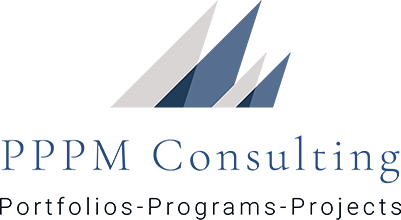PM Cowboy Podcasts
Social Media is full of shallow drivel. So why not try to provide valuable content, that educates, while being entertaining. That’s what the PM Cowboy Podcast tries to achieve. It is a platform by PPPM experts for PPPM professionals, practitioners, and all those that would like to become it. It functions as means to facilitate a Community of Practice.
As the PM Cowboy, I invite other PM Cowboys/girls to share their Management and Leadership expertise with the global PPPM community. The main selection criteria for guests is that they:
- Have Real world expertise
- Have something interesting to share and aren’t afraid to say it!
- Have Critical Thinking skills and can contribute a refreshing new perspective on a topic.
- Have he ability to be constructively critical of BS
- They are authentic
Interested in being a guest yourself? Reach out to us.
Our platform is supported by the www.pppmacademy.com as your partner for online individual learning.
